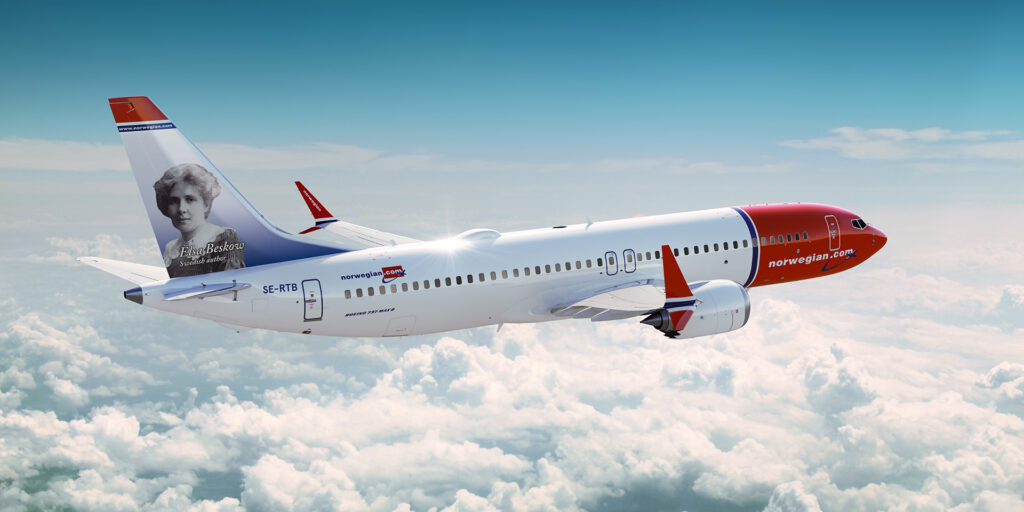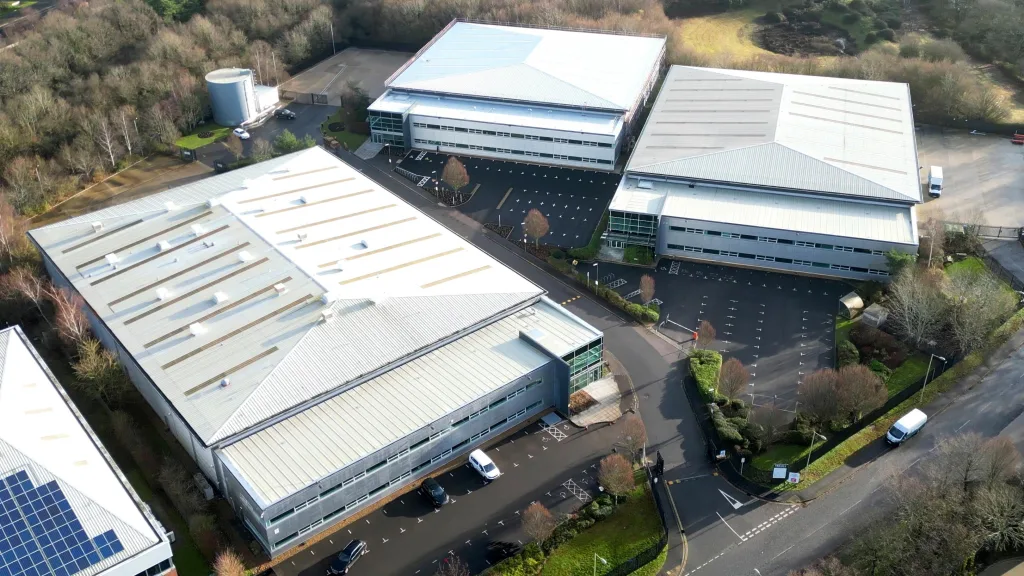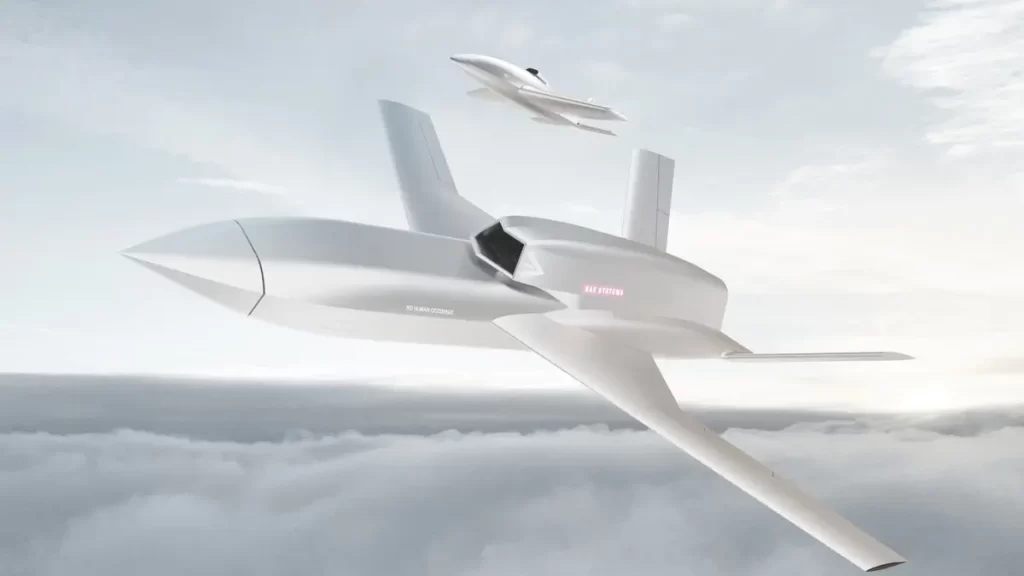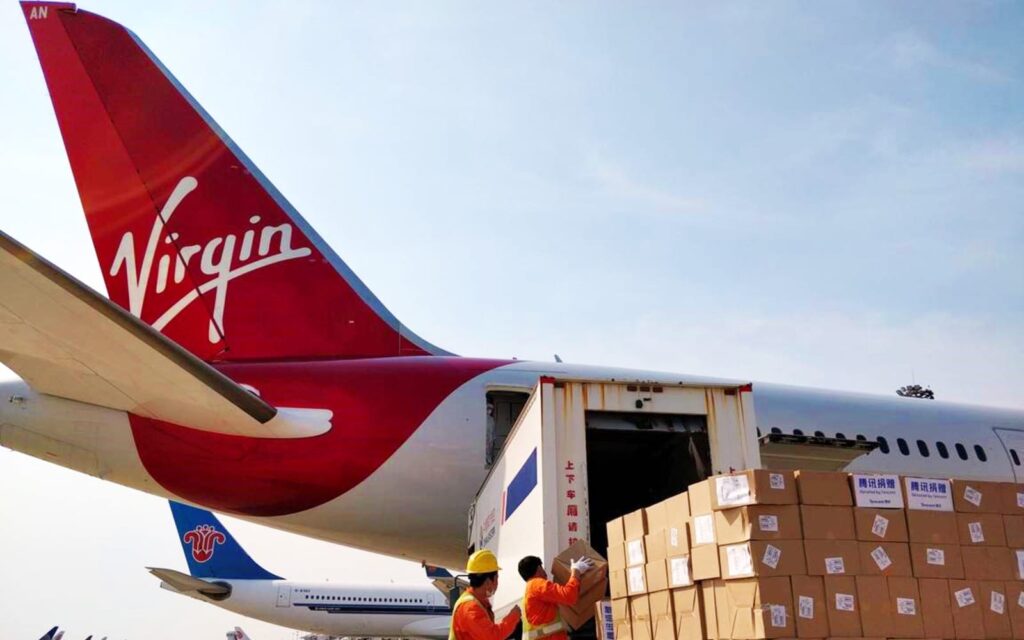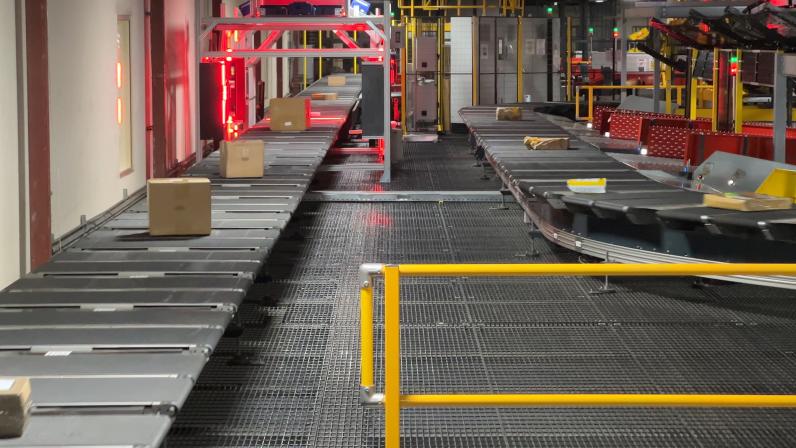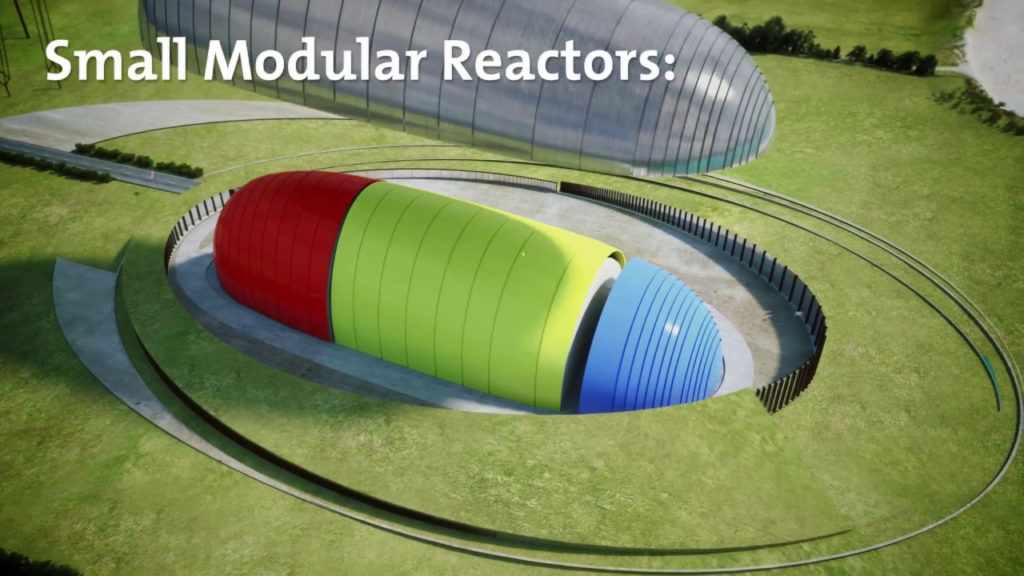Norwegian Air welcomed 2.1 million passengers in August, 2023
Norwegian Air Shuttle ASA (NAS.OL) had 2,141,613 passengers in August, up 7 per cent from August 2022. The capacity (ASK) was 3,527 million seat kilometres, while actual passenger traffic (RPK) was 3,006 million seat kilometres.…
